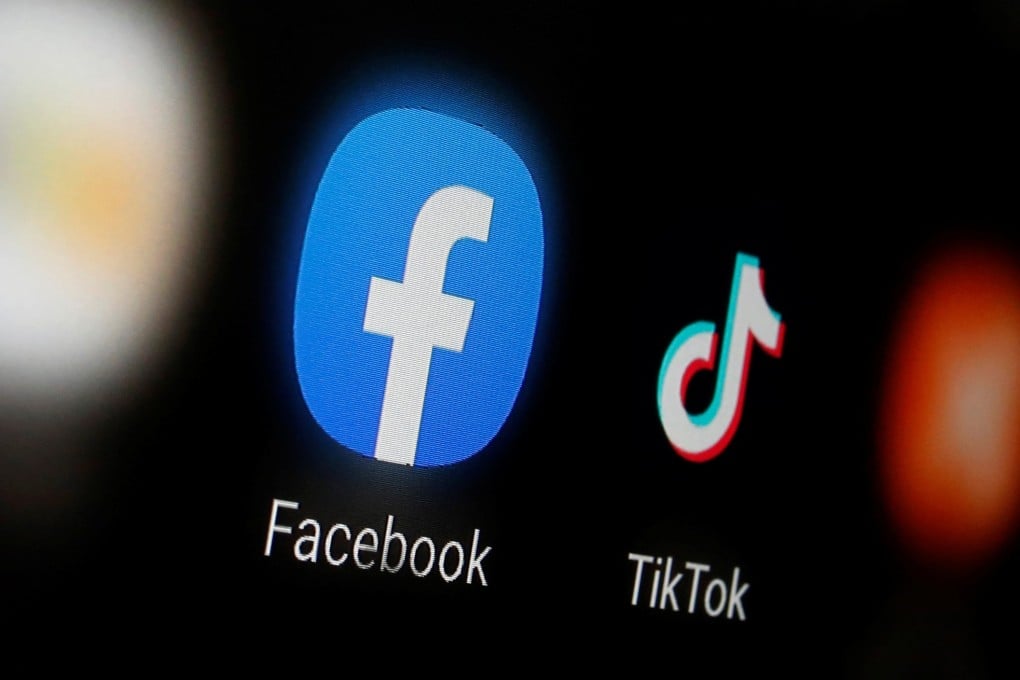Advertisement
Opinion | Facebook vs TikTok: How the US is struggling to contain the outbreak of a viral Chinese app
- TikTok’s growing popularity has sparked panic among Western companies and government policymakers
- While Facebook CEO Mark Zuckerberg’s concerns about censorship on TikTok may be legitimate, they could also be a tactic to undermine a competitor
Reading Time:3 minutes
Why you can trust SCMP

Social media trends rarely stay the same. Since the dawn of social networking, we have witnessed the rise and fall of online civilisations such as Bebo, Friendster and MySpace.
Over the past decade, the Facebook empire has dominated our online habits, buying up any company that poses a significant threat to its supremacy in the West.
However, the arrival of China’s TikTok marks the dawn of a new digital age. Teenage users have been flocking to the Chinese app, enticed by its jazzy filters and cutting-edge animations. For the first time, we are witnessing a Chinese social media company with a strong hold over the global market.
Advertisement
Already, TikTok’s growing popularity has sparked panic among Western rivals and government policymakers. Are their concerns warranted? Or are they the resentful cries of those who merely wish to maintain the status quo?
TikTok is a spin-off from the Chinese app Douyin and is owned by the same Beijing-based company, ByteDance. Designed with a Western audience in mind, TikTok allows users to create and share 15-second videos with special effects.

In 2019 it was the second most downloaded app in the world. According to marketing figures, two thirds of TikTok users worldwide are under age 30; in the United States, 60 per cent of users are between 16 and 24. Clever publicity stunts have helped the social app capture the attention of Western youth (one stunt involved live-streaming the red-carpet segment of the Brit Awards and transmitting it to screens in London’s Piccadilly Circus).
Advertisement
Select Voice
Choose your listening speed
Get through articles 2x faster
1.25x
250 WPM
Slow
Average
Fast
1.25x
